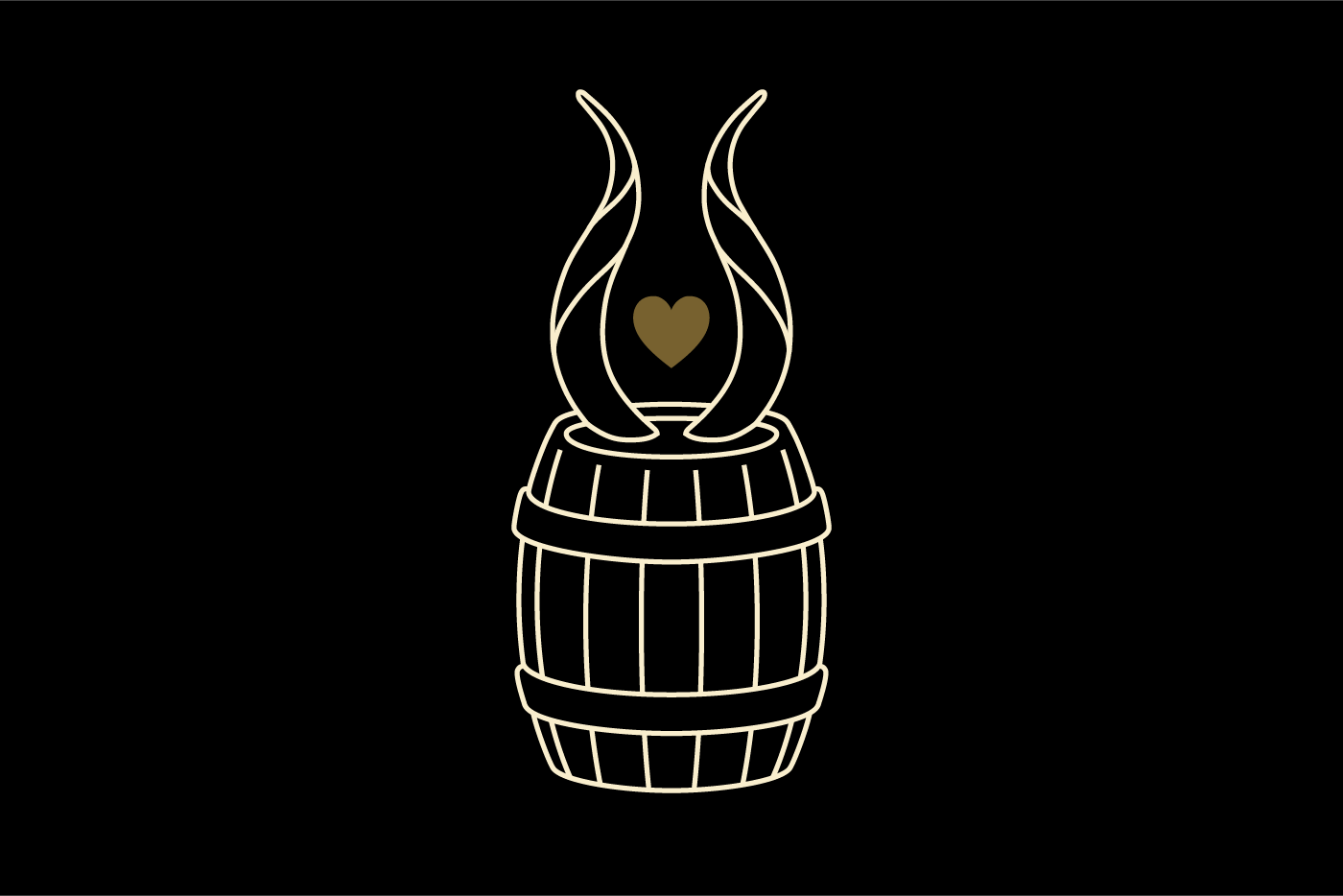The people of Jester King stand in solidarity with those who have experienced trauma and mistreatment in the craft beer and service industries. We are here to recognize an opportunity for change in our community and are thankful to our industry colleague Brienne Allan (@ratmagnet) for providing a platform for those affected to be heard and seen. We gratefully admire all who have braved this difficult conversation by sharing their personal experiences.
This moment is a catalyst for changing the way the industry operates as a whole. Hollow corporate nods to aspiration without a bridge to action will no longer pass as a valid response. We have formed a task force of team members and leaders who are active and vocal in these issues. They will be conducting a thorough review of all our existing policies and procedures governing discrimination and harassment.
We recognize that sexism and sexual harassment are not the only cultural issues endemic to our industry. Racism, homophobia, gender and sexual orientation discrimination, mental health stigma, substance abuse and financial insecurity have long been parts of the toxic power dynamic built into the infrastructure of our industry as well. The question our team is working to answer is “what we can materially do to right the wrongs in the system so the cycle of abuse ends?”
A first action is to contribute 100% of profits from our most recent Tired Hands Brewing Co. collaboration to nonprofits that support the marginalized groups affected by these systemic issues within the craft beer and service industries, in solidarity with the existing staff at Tired Hands Brewing Company. We are donating these funds to the following organizations:
The Pink Boots Society, an international nonprofit that provides scholarships for female professionals in the fermented/alcoholic beverage industry to advance their careers through education (https://www.pinkbootssociety.org/).
DAWA Heals is a local nonprofit in Austin, providing direct financial assistance for musicians, artists, therapists, members of the service industry, and social workers of color (https://www.dawaheals.org/).
Once again we want to thank all of the brave people who have come forward with their stories and have inspired us. This conversation must now become a consistent part of our dialogue. We cannot lean upon the bravery of victims to spur action from outrage. This is the beginning of our work, and we encourage anyone to reach out and join us in creating systemic change to upend the toxic power dynamics still so prevalent in this industry.

